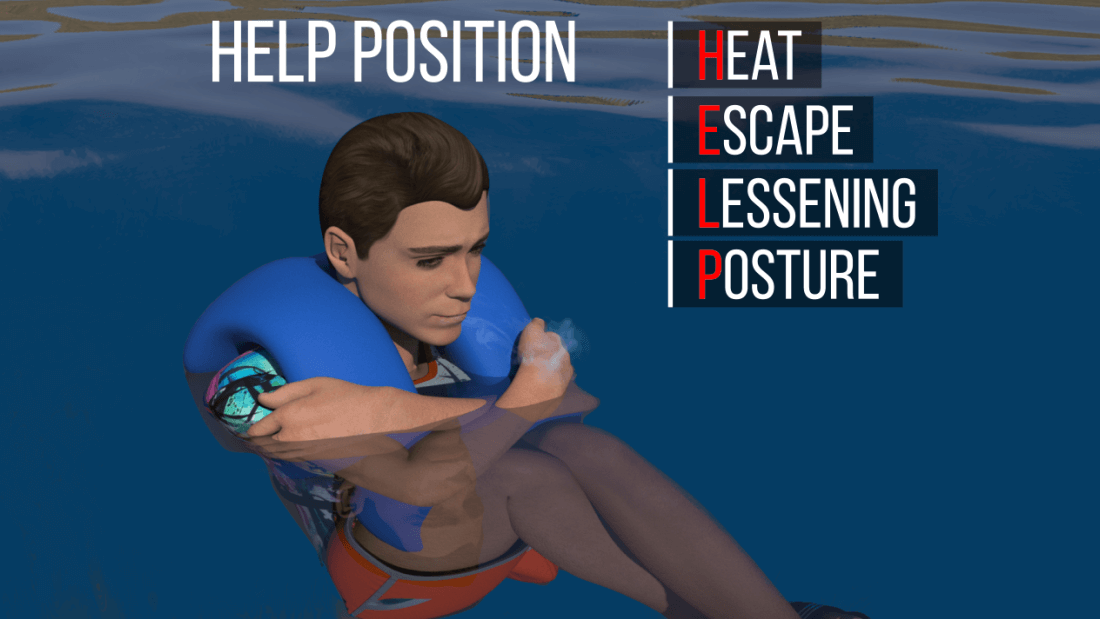Hypothermia: Cold Water Boating Symptoms & Treatment

What are the symptoms of hypothermia?
Hypothermia is caused by an abnormal drop in body temperature. It usually occurs when exposed to abnormally low temperatures such as:
-
exposure to cool air in water-soaked clothing, or
-
prolonged exposure to low temperatures.
The degree of hypothermia may vary. Shivering and slurred speech, conscious but distracted at the early stages, slow and weak pulse, slower breathing, lack of co-ordination, irrational, confused and sleepy at the intermediate stage. At the final stage, the pulse or breathing may be weak, irregular or absent, and the person may lose consciousness.
What is the recommended treatment for hypothermia?
The safest thing to do for someone suspected of having hypothermia is to get the person out of the cold source. It is most important to get the person out of the source of cold, while at the same time, protecting that person from the elements. Remove the person to the inside of the pleasure craft’s cabin. If possible, remove the water-drenched clothing and put him/her in a sleeping bag or cover the person with wool blankets. If possible, to prevent further loss of body heat, warm the person’s body gradually by:
- replacing wet clothing with dry clothing;
- wrapping the person in blankets;
- placing dry coverings over the person;
- covering the person’s head and neck;
- covering the person with an insulating device and vapour barrier;
- applying warm, dry objects (40 to 45°C).
Since there is a large amount of body heat loss in these areas, it is important to protect them by covering the head and neck with a cap and scarf. Use or show signals to show distress and need of assistance, if necessary. If the person asks, give him/her warm liquids but do not give the person alcohol or hot stimulants. Do not rub or massage the surface or extremities of the person’s body since this will activate blood circulation and the cold blood from the extremities will return to the vital ogans, possibly causing a heart attack. The shock created by the flow of cold blood to the heart could cause this to happen.